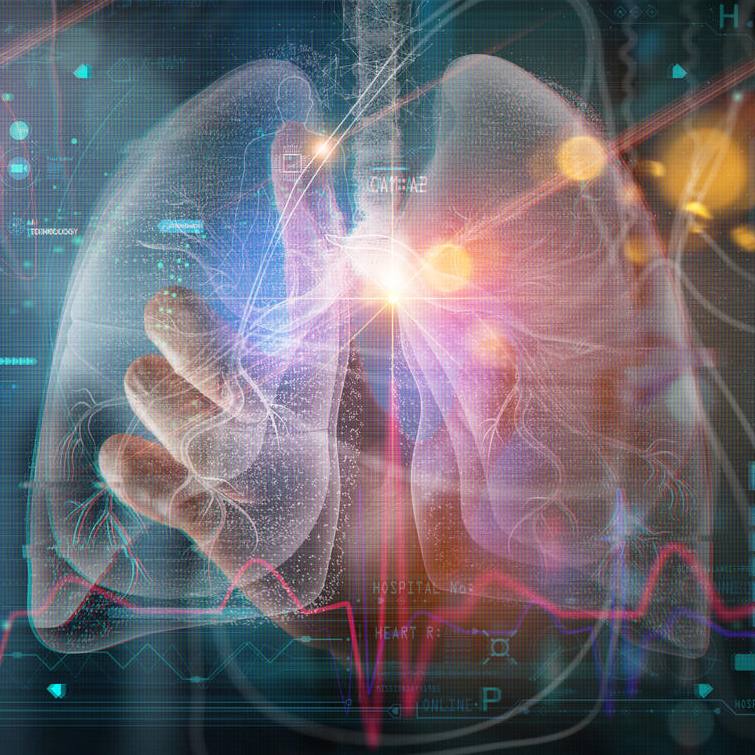
'Chemo brain'
"Chemo brain" is the term used by cancer survivors to describe thinking and memory problems that can occur during and after cancer treatment. Chemo brain also can be called "chemo fog," "chemotherapy-related cognitive impairment" or "cognitive dysfunction." Though chemo brain is a widely used term, the causes of concentration and memory problems aren't well-understood. It's likely that there are multiple causes. There are no tests to diagnose chemo brain, and cancer survivors who experience these symptoms often score within normal ranges on memory tests. Learn more about the symptoms and risk factors for chemo brain.
Video: 'Early-Stage and Advanced Melanoma'
Melanoma, the most serious type of skin cancer, develops in the cells (melanocytes) that produce melanin — the pigment that gives your skin its color. Melanoma may be diagnosed when a skin irregularity, thought to be a mole, becomes cancerous. The seriousness of the cancer is based primarily on tumor thickness. Learn more about the two main categories of melanoma and the characteristics of each.
Adrenal cancer
Adrenal cancer is a rare cancer that begins in one or both of the small, triangular glands (adrenal glands) located on top of your kidneys. Adrenal glands produce hormones that give instructions to virtually every organ and tissue in your body. Adrenal cancer, also called adrenocortical cancer, can occur at any age, but it's most likely to affect children younger than 5 and adults in their 40s and 50s. When adrenal cancer is found early, there is a chance for cure. But if the cancer has spread to areas beyond the adrenal glands, cure becomes less likely. Learn more about the symptoms and risk factors for adrenal cancer.







